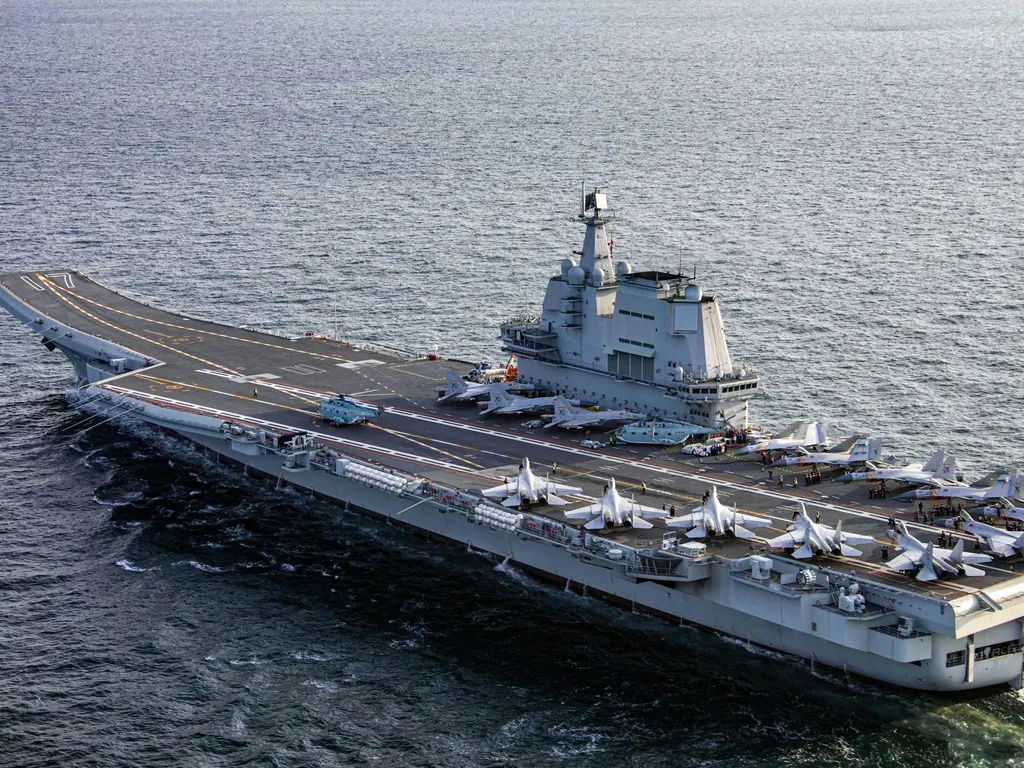
THE Armed Forces of the Philippines (AFP) confirmed on Thursday the presence of China’s aircraft carrier Shandong in waters near the country.
The confirmation, delivered by AFP public affairs office chief Colonel Xerxes Trindad to GMA News Online, follows reports of the warship’s activity in the region. While the AFP did not provide specific details regarding the carrier’s location or activities, the confirmation itself raises concerns about China’s growing military presence in the vicinity of the Philippines.
Colonel Trindad’s statement, concise yet significant, acknowledges the AFP’s monitoring of the Chinese vessel. This implies a continuous surveillance effort by the Philippine military to track the movements and activities of foreign naval assets in its territorial waters and surrounding areas. The lack of further details, however, leaves room for speculation about the Shandong’s intentions and the potential implications of its presence.
The presence of the Shandong, a significant component of China’s naval power projection capabilities, is likely to heighten tensions in the already fraught geopolitical environment of the South China Sea. The region is a focal point of territorial disputes involving several nations, including the Philippines and China.
China’s assertive actions in the South China Sea, including its construction of artificial islands and its disregard for international maritime law, have been a source of ongoing concern for the Philippines and its allies.
The AFP’s confirmation underscores the need for continued vigilance and strengthened defense capabilities for the Philippines.
The country faces a complex security landscape, requiring a robust response to potential threats and the maintenance of strong alliances with other nations to counter China’s growing influence in the region. The incident highlights the importance of maintaining a strong military and enhancing intelligence-gathering capabilities to monitor and respond effectively to such situations.
The situation warrants close monitoring and diplomatic engagement. The Philippines must continue to assert its sovereign rights and work with its allies to uphold international law in the South China Sea.
Open communication and collaboration with regional partners are crucial in navigating these complex challenges and ensuring regional stability and security. The presence of the Shandong serves as a stark reminder of the ongoing security challenges facing the Philippines and the need for proactive measures to safeguard its national interests.



